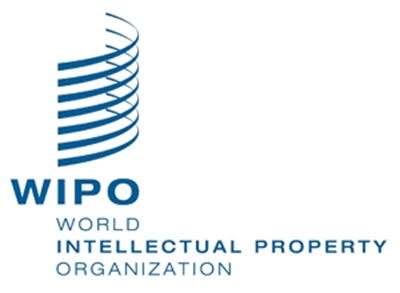WIPO (World Intellectual Property Organization): Safeguarding Innovation and Creativity

In today's interconnected and innovative world, intellectual property plays a crucial role in driving economic growth and fostering creativity. One organization at the forefront of protecting and promoting intellectual property rights is the World Intellectual Property Organization (WIPO). In this blog post, we will explore WIPO's mission, history, significance, and opportunities to join as staff or volunteer.

The World Intellectual Property Organization (WIPO) is a specialized agency of the United Nations dedicated to the promotion and protection of intellectual property (IP) rights globally. Founded in 1967, WIPO serves as a global forum for cooperation, policy development, and information sharing on IP matters. It acts as a neutral intermediary, working with member states to establish international IP standards and frameworks.
WIPO's headquarters are located in Geneva, Switzerland. The strategic location in Geneva, known as the global hub for multilateral diplomacy, facilitates close collaboration with other international organizations and provides an ideal environment for addressing intellectual property-related issues at the global level.
Significance

- Intellectual Property Protection: WIPO plays a vital role in setting international standards for the protection of intellectual property rights. By establishing treaties and agreements, WIPO helps create a harmonized and predictable environment for inventors, creators, and innovators to secure and enforce their IP rights.
- Innovation and Economic Growth: Intellectual property rights incentivize innovation and creativity by providing legal protection and economic incentives for inventors, artists, and businesses. WIPO's efforts in promoting IP rights contribute to economic growth, job creation, and the advancement of technology and arts across various industries.
Examples from History

- Patent Cooperation Treaty (PCT): WIPO administers the PCT, a treaty that simplifies the process of obtaining patents in multiple countries. The PCT streamlines the patent filing procedure, reduces costs, and provides a unified framework for inventors to seek patent protection internationally.
- Copyright Treaties: WIPO has developed several international copyright treaties, such as the Berne Convention and the WIPO Copyright Treaty, which establish minimum standards of protection for literary, artistic, and creative works. These treaties ensure that creators' rights are respected and protected globally.
Joining WIPO

- Employment Opportunities: To work at WIPO, individuals can explore employment opportunities listed on the WIPO website. Positions are available in various fields, including legal affairs, policy development, intellectual property administration, technology, and communications. Interested candidates can submit their applications through the WIPO's online recruitment portal.
- Volunteer Opportunities: WIPO offers volunteer programs that allow individuals to contribute their skills and expertise to the organization's activities. These opportunities may include assisting in research projects, supporting events and conferences, or contributing to specific initiatives. Details on volunteering opportunities can be found on the WIPO website.
The World Intellectual Property Organization (WIPO) plays a critical role in promoting and protecting intellectual property rights globally. By establishing international standards, facilitating cooperation, and supporting innovation and creativity, WIPO contributes to economic growth, technological advancement, and cultural development. Whether through its work on patent cooperation, copyright protection, or other areas of intellectual property, WIPO serves as a vital resource for inventors, creators, and policymakers worldwide.
Sources:
- World Intellectual Property Organization (WIPO). (n.d.). About WIPO. Retrieved from https://www.wipo.int/about-wipo/en/
- World Intellectual Property Organization (WIPO). (n.d.). History of WIPO. Retrieved from https://www.wipo.int/about-wipo/en/history.html
- World Intellectual Property Organization (WIPO). (n.d.). What is Intellectual Property? Retrieved from https://www.wipo.int/about-ip/en









